I've seen a lot of talk recently about the use of NLP language in advertising and marketing. Here's my view on it.
Personally, I find it awkward and embarrassing. What works in conversation just seems silly on paper. And yet, 'hypnotic marketing gurus' still maintain that they know the secrets of unconscious influence that will have customers beating a path to your door.
I've felt for many years that hypnotic language such as Milton Model patterns or Sleight of Mouth patterns may work in a therapeutic conversation, but they don't necessarily work on paper, for many reasons. But it was just the other day, in a conversation about cultural alignment, that I realised what the root cause of the problem might be.
When Bandler and Grinder modelled therapeutic language patterns to create the Milton Model and Meta Model, they modelled therapists.
Now, would you hire a therapist to sell a car?
Maybe if you were giving free phobia cures as an incentive. But generally, no, you wouldn't. Their goals and beliefs are different to those of car sales people. Not better or worse, just different.
Would you go to a car salesman for relationship therapy?
So if you wouldn't buy a car from a therapist, why would you copy a therapist's language patterns to sell a car?
Wouldn't you model successful sales people?
This is the fundamental problem with NLP when used outside of a therapeutic context. NLP, as you'll see in my books Genius at Work and The NLP Master Practitioner Handbook, is the modelling toolkit from which we define and code excellence. When that was used to code the work of therapists, the set of scripts that we know as 'NLP Practitioner techniques' were created. But most people stopped their NLP studies there and went out swishing and squashing and modal operating on their customers.
Even those that went on to study Master Practitioner were mostly given a dreadful mis-service by their trainers who just taught them more techniques. What a waste of time. At Master Practitioner level you're supposed to be learning how to create custom techniques of your own, not just learning more scripts.
When you learn modelling, and I mean real modelling, not just strategy elicitation and TOTE, you can model great sales people, or doctors, or project managers, or drivers, or musicians, or therapists, and you can create unique, custom techniques that are specifically aligned with that cultural environment.
